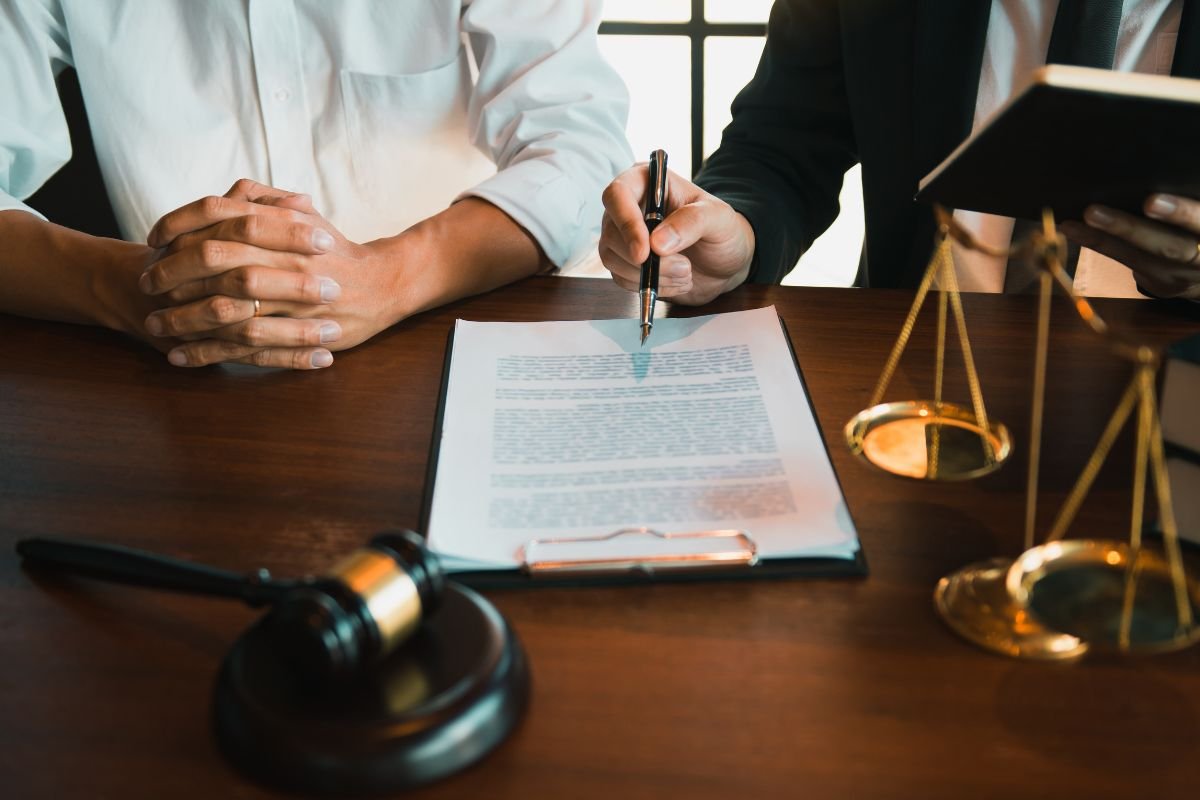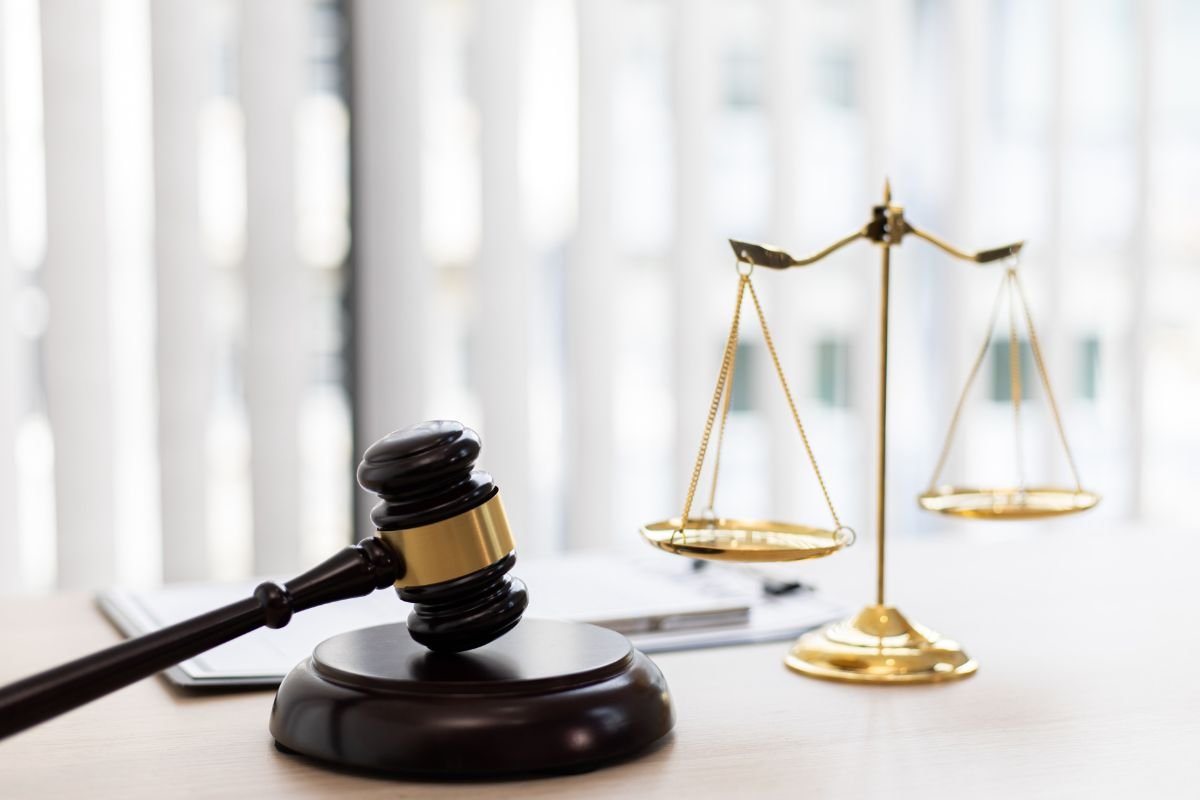Each year, countless individuals find themselves facing assault charges, often stemming from situations where they felt compelled to protect themselves or others. However, the line between justifiable self-defense and unlawful aggression can be thin and complicated.
Our blog post aims to unravel the nuances of self-defense laws, offering guidance on how to effectively demonstrate that the force used was not only necessary but legally justifiable. By equipping yourself with this knowledge, you can navigate the complexities of the legal system with confidence and ensure that your rights and safety are upheld.
Understand self-defense laws:
1. Legal Help: Do not fight alone

When facing assault charges, it is crucial to seek out the help of a qualified legal professional. Assault charges can carry severe consequences, including hefty fines and potential jail time. Therefore, having specialized assault lawyers on your side can greatly increase your chances of a successful outcome. A skilled lawyer will have a thorough understanding of self-defense laws and provide valuable guidance throughout the legal process. They can assist in gathering evidence, building a strong defense strategy, and representing you in court if necessary.
2. Demonstrate Immediate Threat
One of the key elements in justifying self-defense is proving that you believed there was an immediate threat to yourself or others. This belief must be objectively reasonable, meaning a reasonable person in a similar situation would feel threatened and respond with force. Evidence can be gathered from witnesses, surveillance footage, and any physical injuries sustained by the accused.
3. Proportionality of Force
The law typically requires that the level of force employed in self-defense be reasonable and appropriate to the situation at hand. For instance, using lethal force in response to a non-threatening verbal altercation may be viewed as excessive and unjustifiable. Courts will evaluate whether the defendant’s actions were consistent with the severity of the threat they faced.

This assessment often entails analyzing the circumstances leading up to the incident, including the nature of the threat, the presence of any weapons, and the actions taken by both parties. Demonstrating that the force used was proportionate can bolster a self-defense claim and help navigate the complexities of legal proceedings.
4. Lack of Alternatives
Claiming self-defense laws shows that there were no other reasonable options available besides using force. If an individual could have easily escaped the situation without resorting to violence, their use of force may be deemed unnecessary. Alternatively, if the person attempted to de-escalate the situation or seek help before responding with force, this can provide evidence of their lack of alternative options. Gather as much information and evidence as possible to support this aspect of a self-defense argument.
5. Witness Statements
Eyewitnesses can be the secret ingredient in proving justifiable self-defense. If there were individuals present during the incident, seek out their statements and testimonies to support your case.
Witnesses can provide a first-hand account of what occurred and may have seen details that can strengthen your argument. If a witness observed the aggressor advancing with a weapon or making verbal threats, this can help demonstrate the immediate threat faced by the defendant.

When you are aware of the elements that contribute to a justifiable use of force, you can build a more robust defense. Gather supporting evidence, including witness statements and contextual details, to validate your claims. Engaging a skilled lawyer can further strengthen your case, guiding you through the legal intricacies of self-defense laws. You are not alone in this fight; with the right support and knowledge, you can effectively uphold your rights and navigate the legal landscape.









